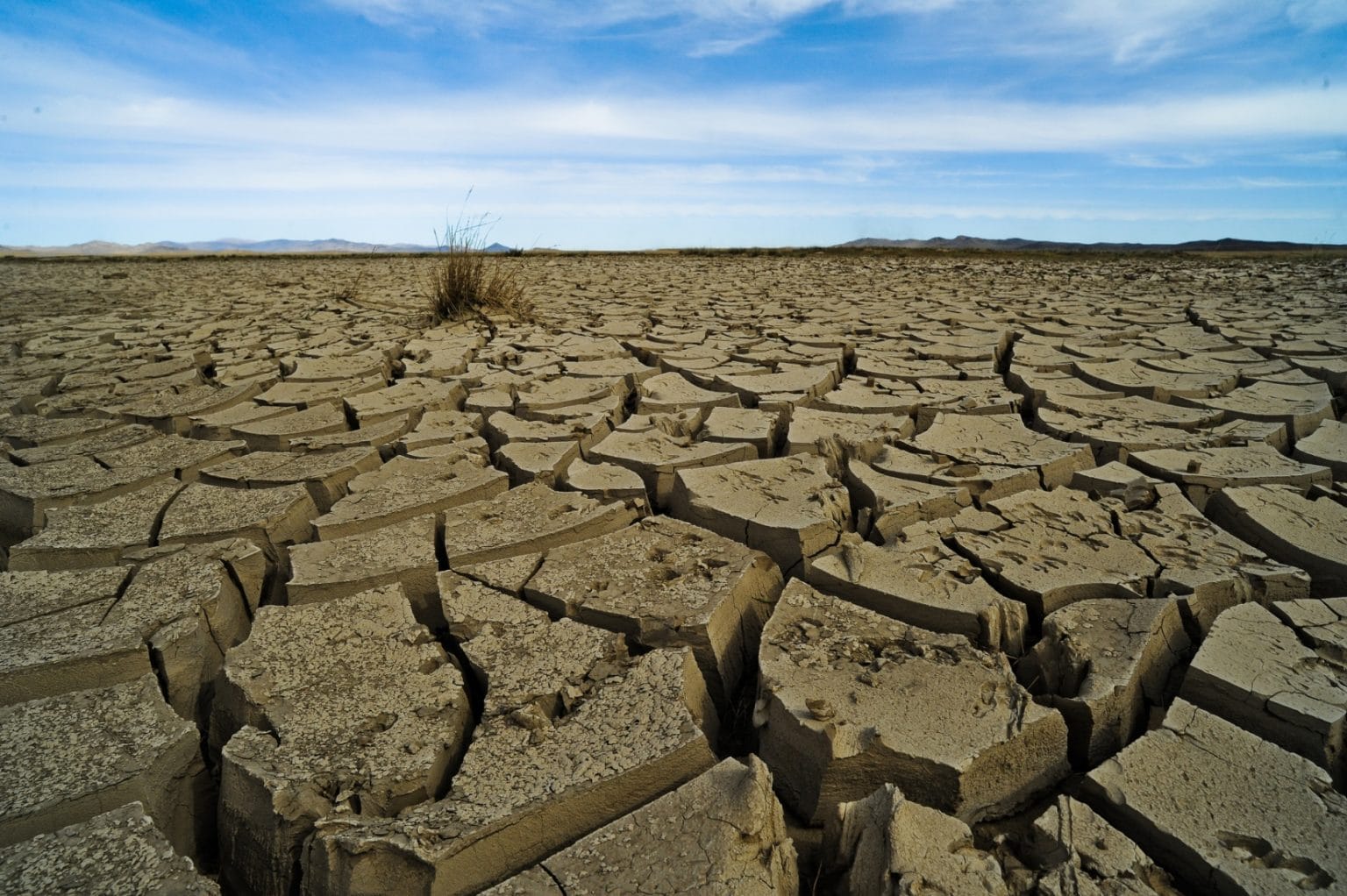The relationship between the media and think tanks is the most “pernicious” problem in environment reporting today, Adam Ramsay of Open Democracy has warned.
The co-editor of the e-zine was speaking at an even this week on ‘The Role of the Media in Reporting Climate Change’, organised by the All Party Parliamentary Climate Change Group (APPCCG).
Caroline Lucas, Green MP for Brighton Pavillion and APPCCG Chair, hosted the event.
She was joined by scientist Lord Krebs, environmental journalist of 47 years Geoffrey Lean, Reuters Institute for the Study of Journalism academic Dr James Painter, and Conservative MP for Taunton Deane and former environment reporter Rebecca Bow. They wrestled with the current challenges to accurate and transparent reporting on climate science.
Ramsay warned of media in general running stories sourced from those “who call themselves think tanks but do not reveal their funding”.
He argued the difference between a think tank and a PR company was often that the PR company “is honest about who they’re representing”.
Sponsored content also came under fire from Ramsey, who labelled it a “rather worrying phenomenon”.
As an example, he cited an advertorial by energy firm EDF, ‘The path to a low carbon future’, which appeared in the New Statesman just before last year’s COP21 climate summit in Paris.
“The only substantial mention of the summit was a two-page article was sponsored and written by EDF,” he said.
“The problem is this is the main left wing magazine and the only content they have – because they can’t afford to employ an environment journalist – was written by a major energy company with significant interest in that [subject].”
‘Completely Misleading’
Lord Krebs warned that journalists frequently “conflate fact and opinion”.
He said: “Often in reporting, facts and opinion are treated as equals.”
Because science usually involves an element of uncertainty, and because science progresses by scepticism, some journalists feel they have to provide a balance of views, he said.
“Sometimes that is valid, but at other times the evidence is so overwhelming that the balance of views is completely misleading.”
Lord Krebs called out The Times for its misrepresentative reporting on climate science, which he said had “undermined the credibility” of the newspaper. Hence earlier this year he and 12 other members of the House of Lords wrote to the papers’ editor, John Witherow, to complain.
Lord Krebs cited headlines from The Times such as ‘Ice is melting but the polar bears are fine, say sceptics’ and ‘Climate change lobby has ‘African blood on its hands’ as prime offenders.
And he claimed the one thing the stories had in common was “that they emanate from the Global Warming Policy Foundation, whose main purpose is to refute the view that climate change is a real and serious threat”.
He added: “When a serious newspaper like The Times misrepresents climate science, I think we should all be concerned.”
Post-Brexit
Concerns were also raised across the panel about the outlook for the environment in the wake of the EU referendum result.
Lord Krebs and Lucas agreed that an obvious challenge in the context of Brexit was the “startling crossover between Euroscpeticism and climate scepticism” in the Conservative leadership.
Fortunately, however, the discussion was not swamped by bad news. Pow encouraged journalists to “infiltrate ideas about climate change” into other types of stories, “almost without people realising it”, such as in gardening programmes.
She criticised the media for failing to paint a wider climate picture. “We hear stories about migration and mass movement of people, but we don’t hear about why it is happening, and a lot of it is because of climate change,” she said.
Dr Painter sketched out key points crucial to overcome in order to better communicate climate science, starting with catching up with the changing media landscape. “There’s a revolution going on there and we really have to understand how particularly young people are consuming news about the environment,” he said.
He then argued the politicisation of the issue was “the biggest challenge facing many people in the political sphere in the UK”.
According to research, the older and more left-wing and educated you were, “the more likely you are to be interested in environment news”. So it is important journalists “break it down and make it much more interesting and important and relevant to people with centre right values.”
Overcoming the polarisation of the issue in the media along political lines will also be vital, he said.
Finally Dr Painter called on journalists to be wary of the overall “dominant messaging’ of stories.
“In the past there has been a huge amount of disaster reporting. But it is important to stress co-benefits.
“People who are in different places on the ideological divide all engage much more when you stress the benefits of health, renewables, better life, than if you just give all the doom and gloom stuff.”
Photo: Asian Development Bank via Flickr
Subscribe to our newsletter
Stay up to date with DeSmog news and alerts







